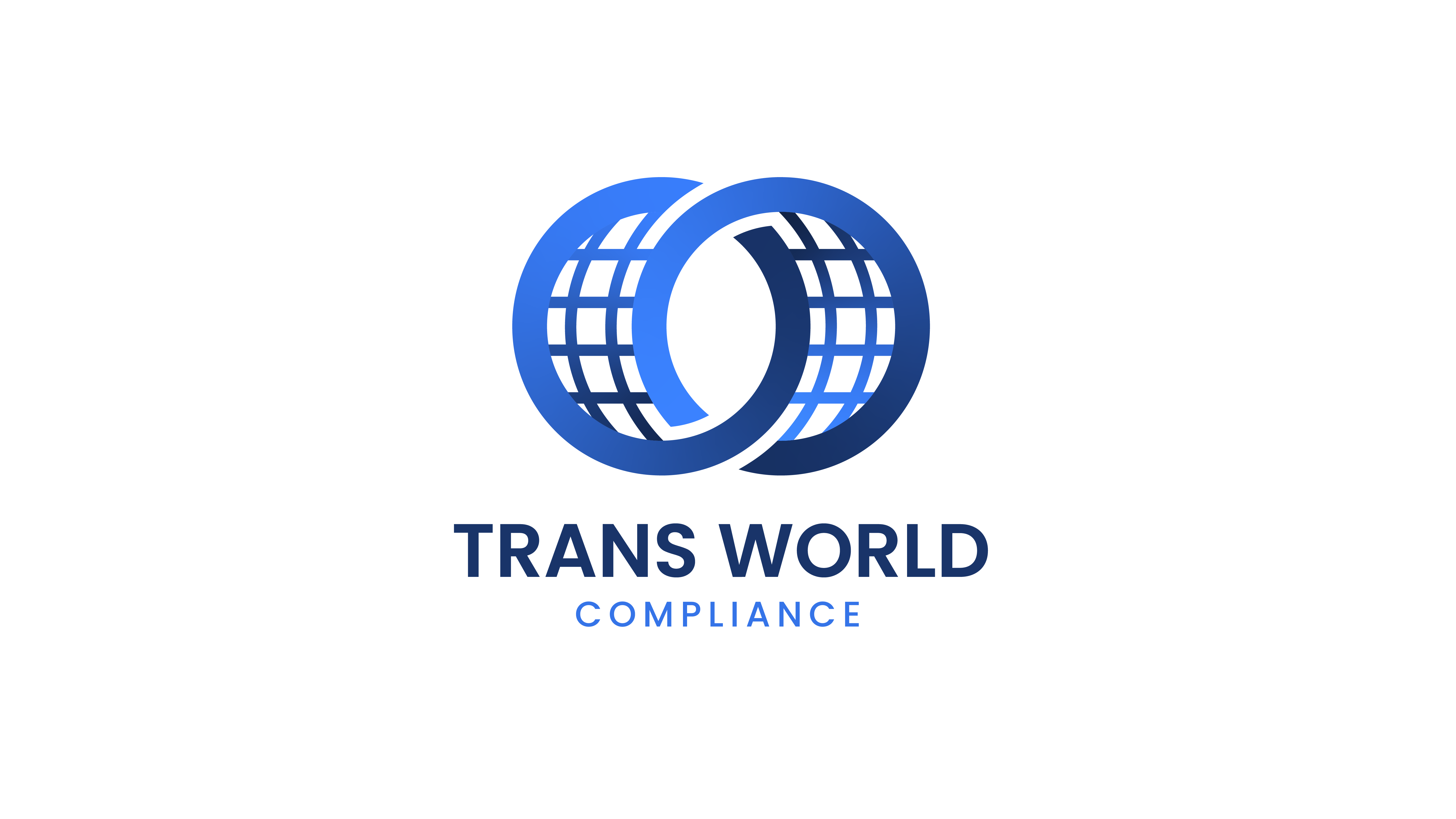Financial institutions must be adequately prepared as the 2025 CRS and FATCA reporting season rapidly approaches. With regulatory requirements constantly evolving and tax authorities intensifying scrutiny, institutions that lean on outdated processes or scramble for last-minute solutions risk incurring significant errors, penalties, and damage to their reputation. Financial institutions must prioritize automation, ensure data integrity, and adopt proactive compliance strategies to facilitate a smooth reporting process. Here’s how to position yourself for success.
1. Automate Data Collection and Validation
Manual data entry often leads to mistakes, delays, and inefficiencies. Organizations can significantly mitigate compliance risks and enhance accuracy by automating the collection and validation of CRS and FATCA data. Trans World Compliance’s CRS/FATCA One automates data checks, removes duplicate records, and ensures proper XML formatting. Furthermore, financial institutions should integrate their core banking systems with compliance tools to facilitate seamless data flow and minimize the need for manual intervention.
2. Ensure High-Quality Data Before Submission
Data inaccuracies are a leading reason for the rejection of CRS and FATCA reports. Institutions must take the initiative to thoroughly clean and validate their data prior to submission. This involves ensuring that all reportable accounts contain comprehensive and precise information, including Tax Identification Numbers (TINs), residency details, and account classifications. A recommended approach is to cross-reference compliance data with KYC (Know Your Customer) records and conduct pre-submission validation checks to uncover missing or inconsistent information.
3. Stay Ahead of Regulatory Changes
CRS and FATCA regulations are in a state of continuous evolution. In 2025, financial institutions must closely monitor important updates, including the OECD’s Crypto-Asset Reporting Framework (CARF) and heightened IRS scrutiny regarding FATCA compliance. Regions such as Switzerland, the Cayman Islands, and the British Virgin Islands consistently revise their CRS guidelines, necessitating that institutions remain informed and adjust their reporting processes accordingly. To successfully navigate these changes, engaging with regulatory bodies, participating in industry events, and collaborating with compliance partners like Trans World Compliance can prove invaluable.
4. Improve Error Detection and Resolution
Timely error detection is crucial in avoiding significant reporting challenges. Organizations can pinpoint and rectify frequent problems by conducting automated error checks before submission, including invalid TINs, incomplete account details, and inaccurate reportable jurisdictions. Establishing an effective workflow to address flagged errors before and after submission minimizes the likelihood of non-compliance. Solutions like CRS/FATCA One offer integrated validation capabilities that identify real-time issues, empowering financial institutions to make proactive corrections.
5. Strengthen Internal Compliance Training
A proficient compliance team is an invaluable asset during the reporting season. Organizations can significantly reduce internal inefficiencies by ensuring that tax, legal, IT, and compliance professionals clearly understand their roles in CRS and FATCA reporting. Institutions should prioritize regular compliance workshops, conduct mock reporting exercises, and continuously update their knowledge of new reporting requirements. Fostering collaboration across departments is essential, as seamless coordination between tax and IT teams is crucial for ensuring data accuracy and system readiness.
6. Analytics for Smarter Compliance
Financial institutions that depend on manual tracking expose themselves to the risk of overlooking crucial compliance trends and anomalies. By leveraging advanced analytics, these institutions can gain real-time insights into their reporting progress, spot patterns indicative of potential non-compliance, and enhance their decision-making processes. Furthermore, dashboards and reporting tools integrated within compliance solutions enable institutions to monitor submission statuses, error rates, and jurisdictional requirements with greater efficiency.
7. Plan for Deadlines and Contingencies
Each year, financial institutions encounter stringent deadlines for CRS and FATCA reporting. Proactive planning is crucial to prevent last-minute rushes. Institutions should implement internal deadlines at least 2 to 4 weeks before official submission dates, providing ample time for thorough quality checks and necessary corrections. Moreover, creating a comprehensive contingency plan—such as employing backup reporting systems and securing expert support—guarantees that institutions are well-equipped to tackle any unforeseen challenges.
What Financial Institutions Need to Know Before Reporting in 2025
In addition to implementing automation and best practices, financial institutions must remain vigilant regarding broader compliance trends. The IRS is tightening its enforcement of FATCA, particularly concerning missing or invalid Taxpayer Identification Numbers (TINs). Institutions not thoroughly validating taxpayer information could face rejections or monetary penalties. Furthermore, as the OECD heightens its oversight through the Common Approaches to Reporting Framework (CARF), jurisdictions may begin to impose new crypto-asset reporting requirements. Banks and financial institutions should anticipate increased scrutiny of high-value transactions and undisclosed offshore accounts. To ensure compliance and steer clear of regulatory issues in 2025, it is crucial to proactively monitor updates from tax authorities, participate in compliance forums, and utilize advanced compliance technology.



